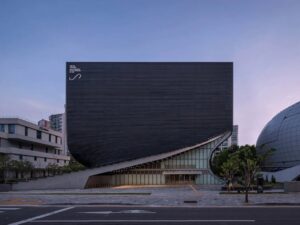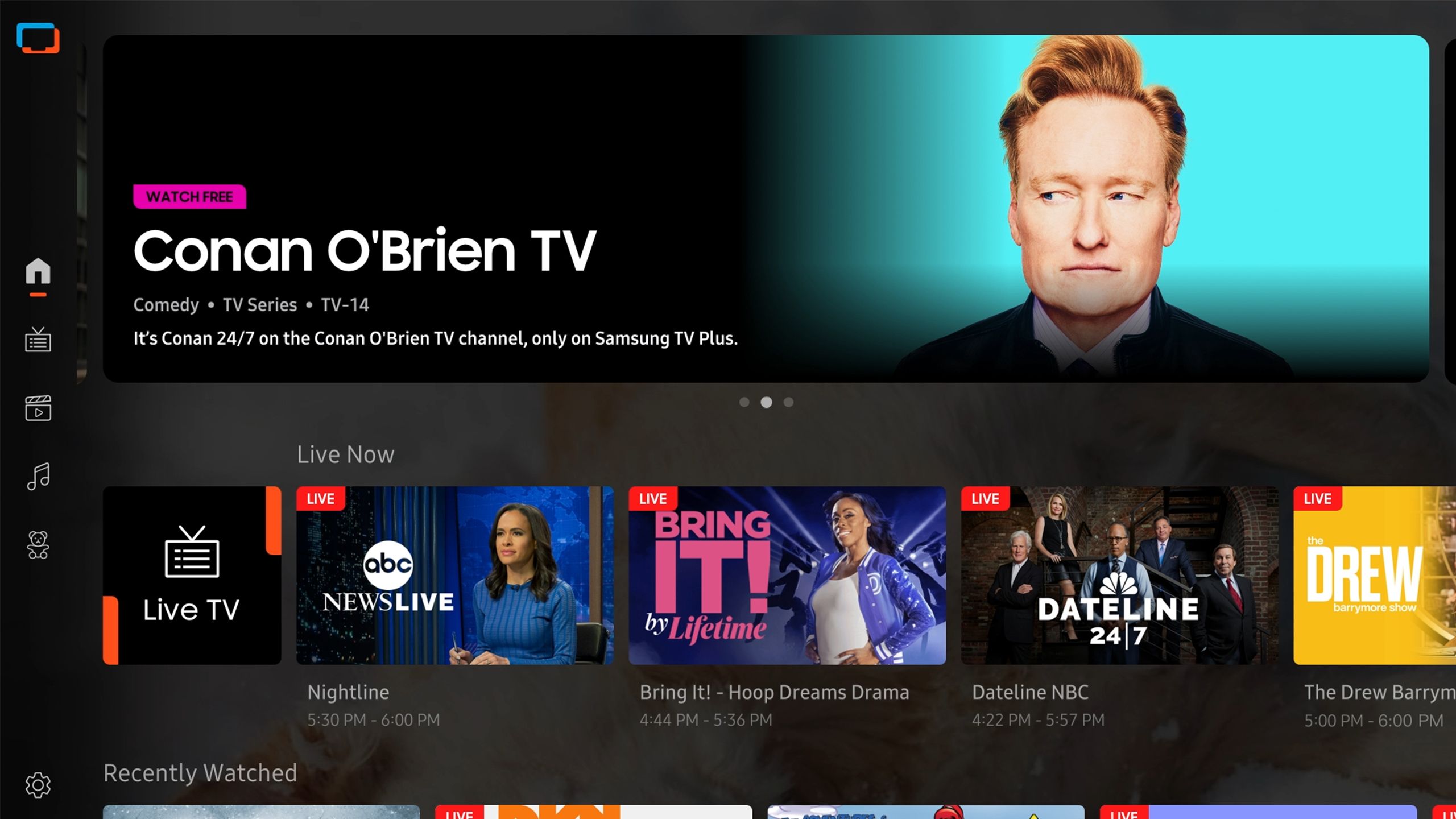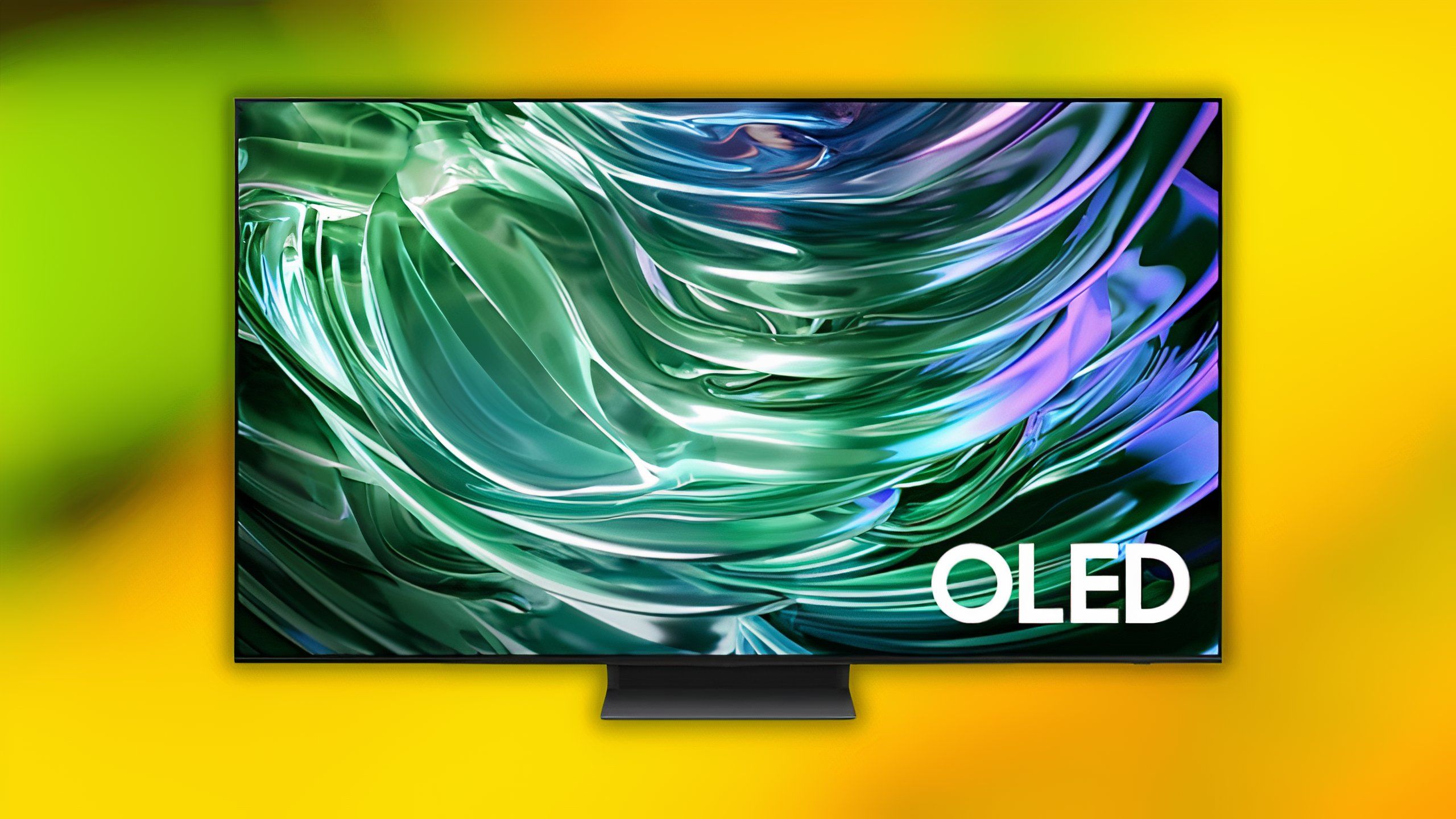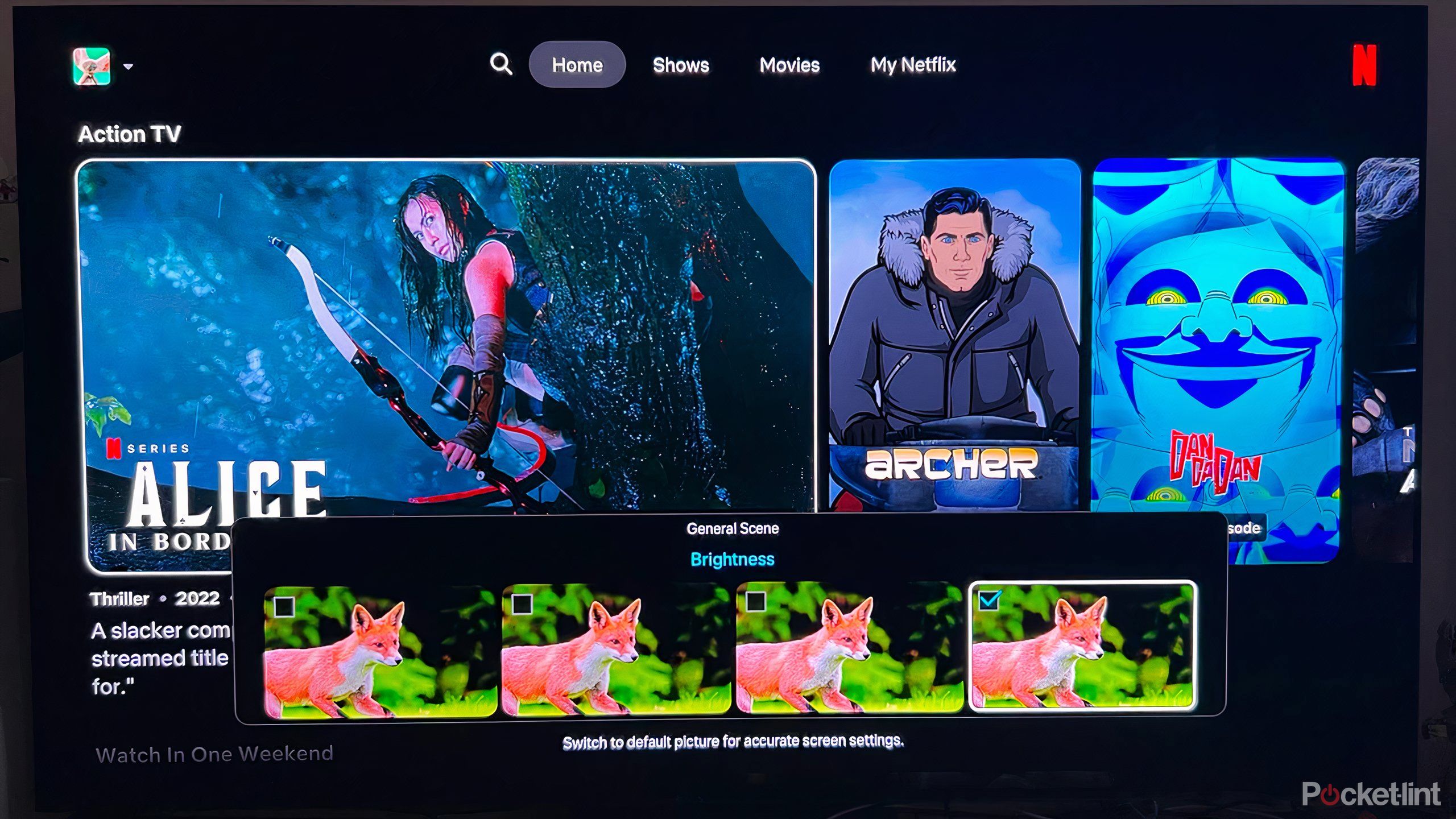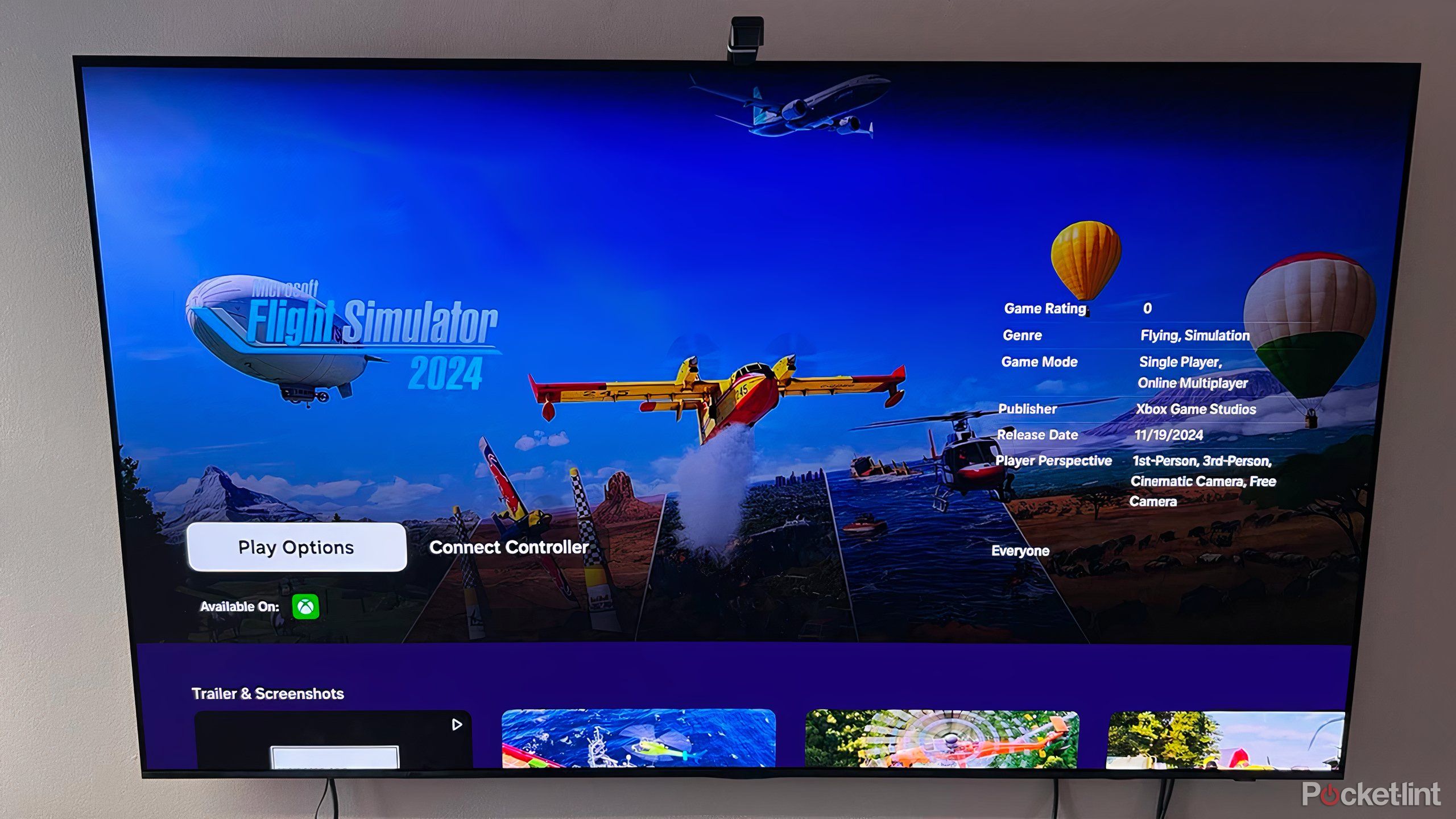Summary
- Pick the right smart TV for your entertainment needs.
- Optimize your Samsung TV settings for better viewing.
- Choose different modes for the best TV experience.
When you buy a smart TV, you’re investing in our entertainment future — that may sound a bit outlandish, but it’s true. You make a commitment to enhancing your home setup and want to make your life easier by buying one with smart capabilities. Having a smart TV opens up more possibilities for entertainment enjoyment that regular smart TVs don’t have. At least, not without a streaming device.
There are many smart TVs on the market, so finding the right one to suit your needs is important. Samsung TVs offer a lot in terms of clarity, advanced features, a simple-to-use ecosystem, and more. They give you the ability to stream your favorite shows and movies and even potentially treat your TV like artwork, if you have a specific type like the Frame TV. Samsung TVs run the Tizen operating system, which is unique in its design and layout.

Related
5 essential smart TV apps that have nothing to do with streaming
Your smart TV doesn’t just need to be used for watching TV.
For those who use Samsung TVs, the investment in entertainment has been made already — but keeping the TV’s default settings is setting your experience back. There aren’t big changes that need to be made, but little tweaks can make your viewing infinitely better. In order to optimize everything, you have to understand what needs to be changed in the first placce.

- Brand
-
Samsung
- Operating System
-
Tizen
- Display Type
-
Neo QLED
- Display Resolution
-
4K
- Refresh rate
-
144Hz
- HDR
-
HDR10+
Samsung’s The Frame Pro is an upgrade on the original The Frame, with the addition of Mini LEDs to improve contrast, dimming, and blacks, while still looking like a piece of art.
1
Enhance your picture with Brightness Optimization
Get rid of this to make your picture better
Samsung
Think of it like this: your TV adjusts its brightness to match the lighting in your room — kind of like how your iPhone or Kindle automatically tweaks its screen depending on where you are. TVs have been battling glare forever, especially from windows or skylights that can wash out the picture. Brightness Optimization is a feature on Samsung TVs that realizes when sunlight or a different light is hitting the screen.
The TV then reacts to how strong the light is and adjusts the colors to make it easier to see. It even detects the tone of the light (warm vs. cool) to fine-tune what you see. But in practice, it’s a bit hit or miss. Sometimes the adjustment overshoots and makes the screen harder to see, not easier — this happened to me and I was practically blinded. If you’re not loving the results, you can turn the feature off in the Power and Energy Savings menu.
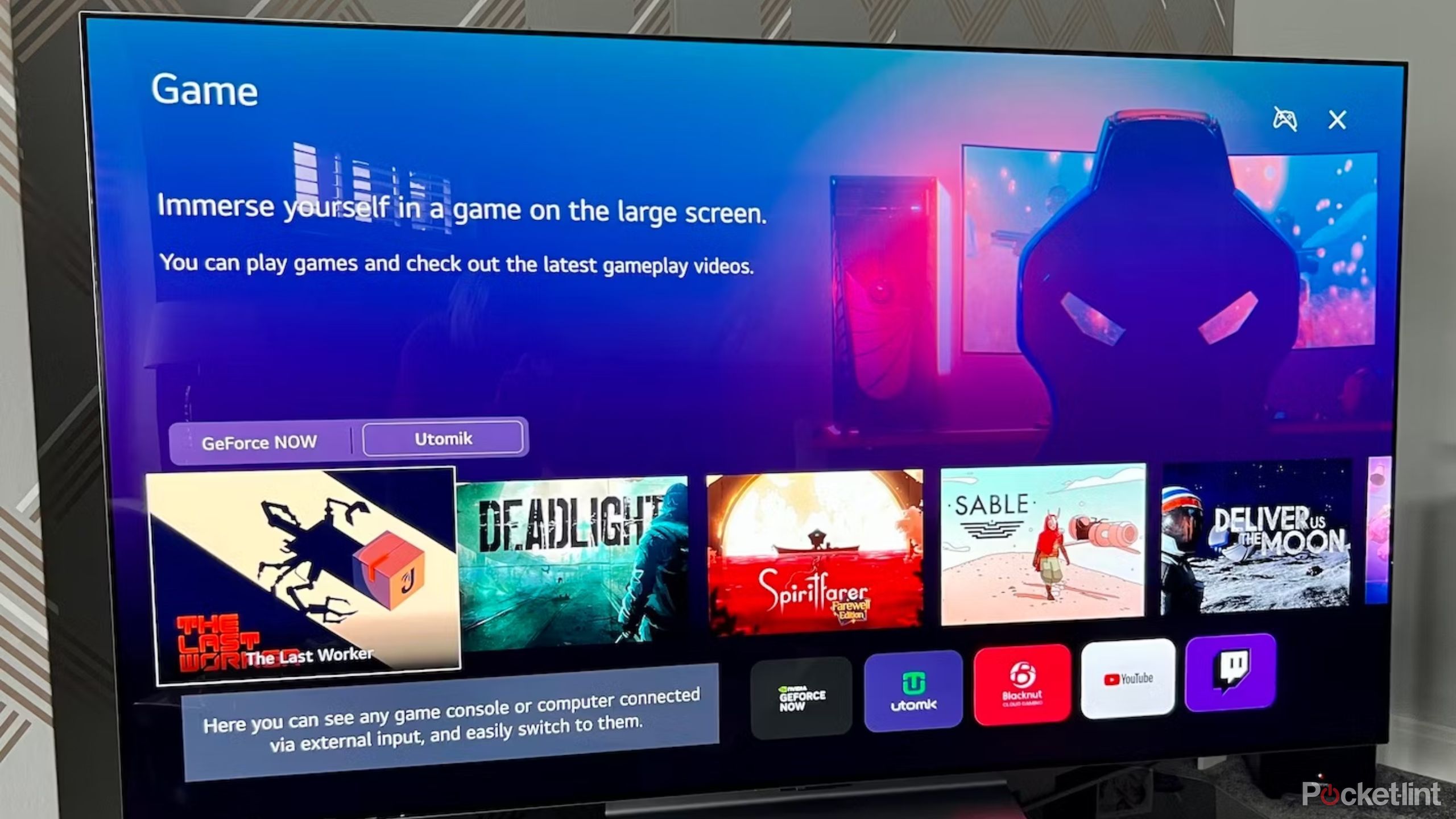
Related
4 reasons I’d buy an LG TV over a Samsung TV
LG’s offerings are bright, beautiful, and perfect for gamers and film-buffs like me.
2
Dive into Expert Settings
Find the one that matches your habits
Samsung
In order to give you the best results from your TV, you need to pick what your favorite viewing experience is. Are you someone that prefers to watch shows and movies in the complete dark? Do you prefer to watch with all the lights up (in case you get scared?) Regardless of your ideal viewing surroundings, it’s important to think about what you might want from your TV.
Not all content is in HDR. In order to find some, you can look at the information of a program or movie in a guide listing.
Do you like really bright colors? Do you like things a bit more muted? You can change your brightness by sliding a bar up or down, giving you full control over how the TV looks. This is found in All Settings, Picture, Expert Settings, and Brightness. Your content may also help you decide, as plenty of content these days is high dynamic range or HDR while others are standard dynamic range or SDR.
For HDR, go to a piece of content that is in HDR and adjust it from there. While this can be a bit of a pain, I did find it helpful to change and saw a noticeable difference when I did it.

Related
Reseting a Samsung TV is surprisingly easy
Sometimes, it makes sense to start fresh.
3
Take the TV off Eco Mode
It doesn’t really help you much
Samsung / Pocket-lint
Eco Mode, similar to Low Power Mode on your phone or even Eco Mode on your car, aims to save your battery. Eco Mode will turn down the brightness on your TV to help it conserve energy. This is a way to keep your costs down and help burn less energy. The contrast in the picture is affected by Eco Mode as well.
Choosing Filmmaker mode shows you the movie as close to exactly as the creator wanted you to as possible.
Samsung TVs are trying to think forward, but the results are often less than perfect. Eco Mode has been proven to not work as well in terms of saving power. While it will dial back the brightness of your picture, you can just manually adjust the brightness rather than implementing Eco Mode. It can be turned off by going into Power and Energy settings and toggling off Energy Saving Solution.
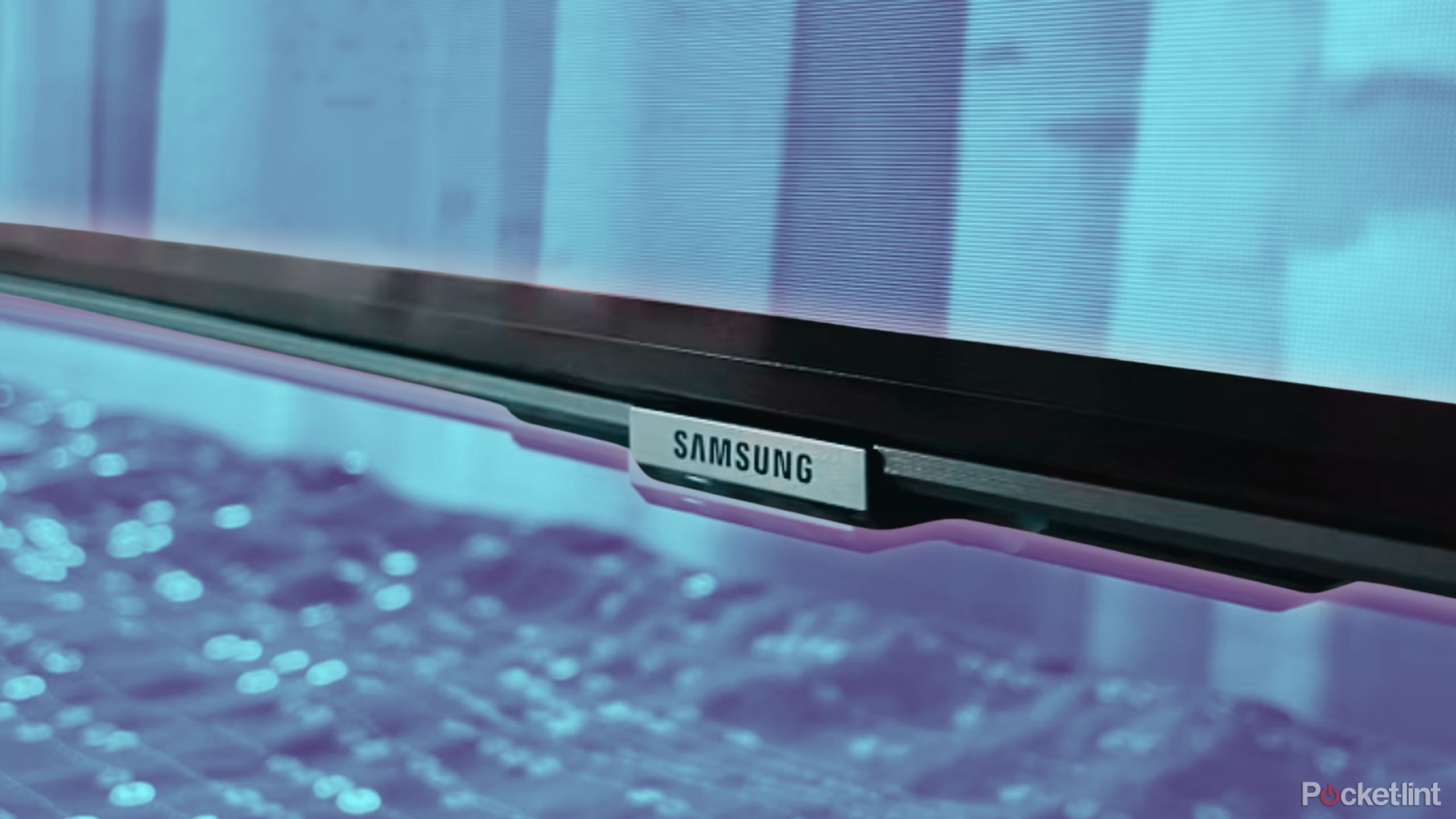
Related
If you own a Samsung TV, you need to try these 7 features
Samsung TVs offer convenience, efficiency, and even a bit of luxury at your fingertips, especially if you’re using these features.
4
Change the Mode to match what you’re watching
Watch your content the way it was intended
Depending on what you’re watching, Samsung TV has a mode for it. If you’re watching a movie, you can watch it in Movie mode. Movie mode offers you the most customization when it comes to watching a movie. You can adjust the brightness, contrast, tint, and more. It gives you a bit more freedom to tweak the film the way that you prefer.
Choosing Filmmaker mode shows you the movie as close to exactly as the creator wanted you to as possible. This limits the amount of customization that you have, meaning that you aren’t able to adjust the colors or brightness much. I actually love Filmmaker mode because I’m a cinephile and love watching movies on the big screen — it makes me feel closer to that experience. Cinema mode makes it feel more like you’re watching something in the movie theater. This content pops a bit more because it’s displayed in a widescreen format.
These settings are all found under Picture Mode.
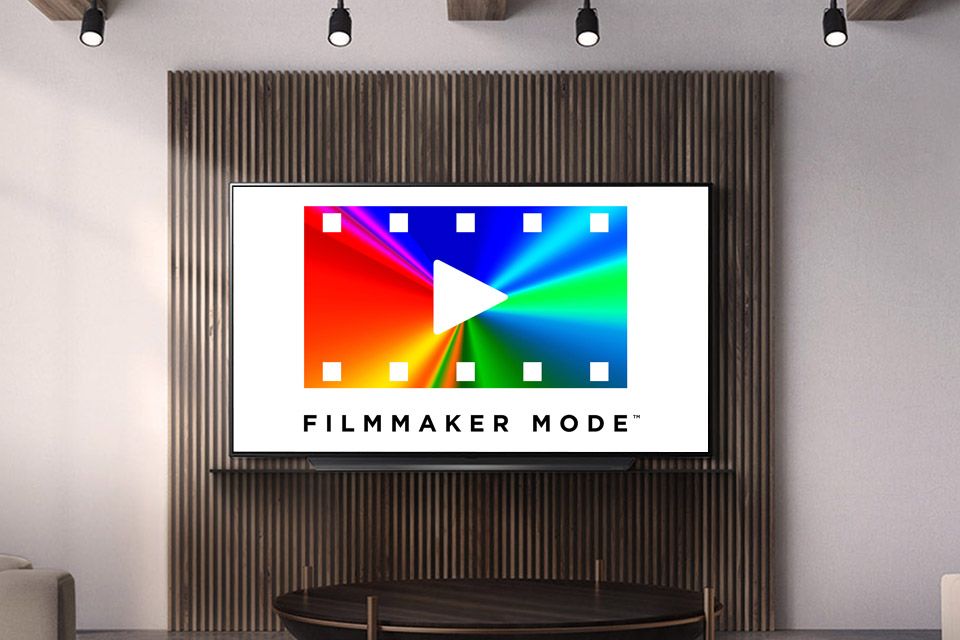
Related
What is Filmmaker Mode and why does it matter?
–
5
Change Audio Category for more immersion
There are more modes to enjoy
Let’s say you want to enhance your content as much as possible. Setting the audio mode to the proper category can help with that. Samsung TVs offer Standard, Movie, Music, and Sports modes for you to pick from.
Standard is the most balanced in terms of sound quality. Sports mode understands how to peak at the right times and provides a bit of an echo as if you’re in the stadium. I like this when watching tennis, as the grunts as the ball is hit and the eruption of the crowd after a point are spot on.
Movie mode is ready for big car explosions and makes the audio come through in a more bombastic way. Audio-only mode tries to make the music pleasant in your ears by enhancing the music and shutting off the display. Turn your Samsung TV into a big jukebox by giving you better music to listen to. You can find these in Audio Mode.

